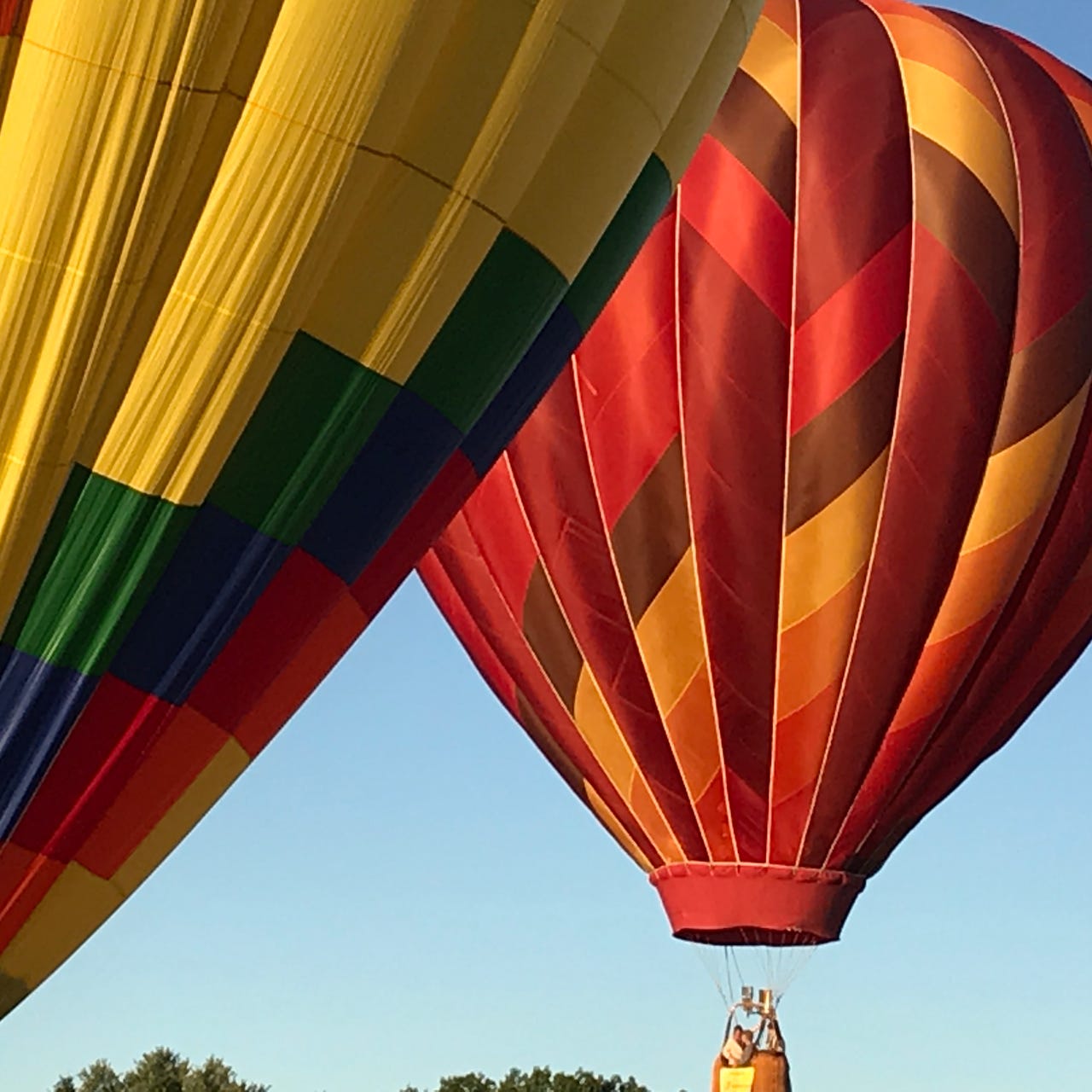In the ‘70s, when I lived in the American war resister community in Stockholm during the Vietnam War, we went to the public baths downtown twice a week. We lived on the outskirts of the city in a sort of tenement that had no central heating or hot water and spent half the day delousing and defrosting our bodies, partially encased in ice during the interminable Scandinavian winter. The baths were housed in a palatial building supported by marble columns. They included hot tubs, showers, bidets, and a sauna. It was a strangely elegant space that cost almost nothing to use, where we encountered Swedes, as well as immigrants like ourselves, Portuguese, North Africans, Turks, and Eastern Europeans, in all sizes and shapes, naked and seemingly unafraid. I remember sitting on the cedar planks in the sauna surrounded by women of various ages whose class status was indeterminate. You would have to get inappropriately close to someone to see whether she appeared to be worn out from heavy work or pampered by regular manicuring. At a safe distance, you didn’t know who was who. The sauna was a functioning democracy.
Aging has brought me closer to that blithe intimacy with my own body and with the people around me. For most of my life, my mind had a life of its own and didn’t think to make friends with the rest of me. My body, how it feels, what it wants, is a new frontier, a new deep ocean of discovery, of plenty. How shall I feed it? Where does it feel most comfortable? All of us used to be preoccupied with our glistening surface, our facade. It was important when we were young to present ourselves wrapped in shiny paper and tied in ribbons, our hair cascading, our faces fixed. But now in a surprising plot twist, we’ve been delivered from all that and can be heard chattering about our ailments. As a child, I was repelled by this conversation. In that long ago yesterday, I found it at best tedious and at worst disgusting. But today, I see that we are engaging with the deep reality of our fleshly selves and sharing that reality in a way that touches me. These stories, these cousiny exchanges about our imperfect bodies have suddenly become riveting, the way they must have been to our parents when they spoke of them in carpeted rooms in the ‘50s, leaning in to compensate for hearing loss.

We don’t necessarily talk about the life-threatening concerns that we carry around with us like the remains of Saturday’s lunch. Sometimes, it’s just the ordinary defects and repairs that have become the agenda of aging, the maintenance of our capacity to apprehend the world. Incoming and outgoing. Here’s the eye doctor, positioning your chin on a strip of metal as if you are preparing for decapitation by the village executioner before asking you to choose between blurry and blurrier. Here’s the ear guy, inviting you into a windowless monastic cell to identify intergalactic beeping sounds, then testing you on a series of compound words. Popcorn, breadbox, hotdog. This is an intimate storyscape in my age cohort. Why not claim it and offload all the shame?….the shame for women of receding further from the beauty ideal; the shame for men of losing their strength, their power. All of us searching for something deeper, something truer to what it has meant to be embodied these last seventysomething years.
We are all learning to be seen in our new vulnerability. People are experimenting with greater transparency, exposing their true selves, as if to say “look at me. Don’t be fooled by my pallor, by my thinning hair. See the love in me. It wants to sing with the love in you.” Elena Ferrante describes this intimacy as “I tell you my story in order to make you tell it [back] to me” and in this back and forth the chronicle of our generation is told. Here we are. Aging is not a solitary activity. We age together and we witness together. We carry our experience of Vietnam to the catastrophe in Ukraine, knowing that what is old is so tragically new again.
Copies of my 2019 essay collection, Twilight Time: Aging in Amazement, are available directly from me (signed) or from Amazon or your local bookseller.




I agree that our generation seems more willing to discuss the body breakdown that comes with aging. And that's good. But I also find the topic boring. I like to spend time with younger people (younger can be 55!) for that pre-retirement liveliness they bring to the conversation.
Susie, what a welcome development! I'm a Brit whose role models were fierce, educated women of my grandmother's age, who had come of age during WWII. They didn't give a toss about clothes, hair coloring, or make-up, because they always had more important things to do. It rubbed off, with the result that when I lived in south Georgia (where white women were expected to be perfectly coiffed and styled) , I was often treated with the contempt reserved for food stamp recipients. It was very entertaining. Honestly, all the time women spend preparing and presenting an inauthentic self to meet the world seems a waste to me. I have a posh frock, so I can dress up if I have to, but I stopped even trying to wear makeup a long time ago. It's not who I am.